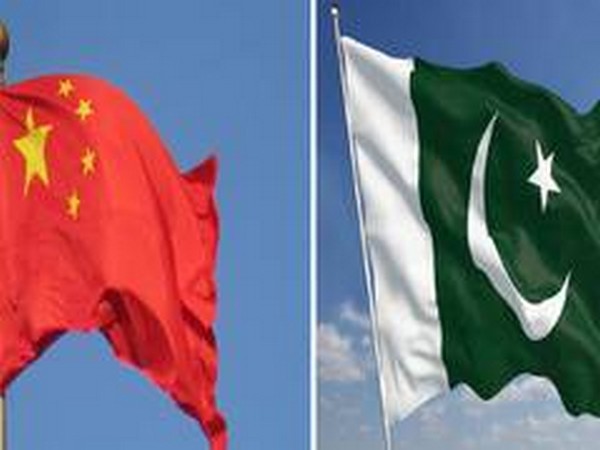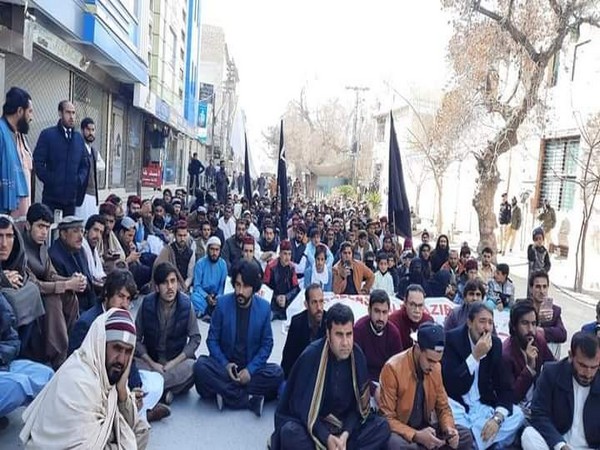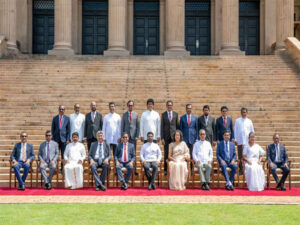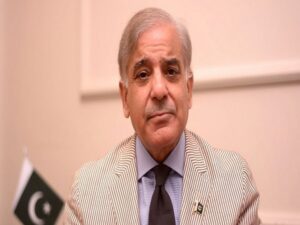
Beijing [China], January 16 (ANI): China embarked on BRI projects with Pakistan a few years ago but Pakistan realised neither its citizens nor its infrastructure was profiting from it and it was only providing China with a land and rail facility to move its goods to Europe through Pakistan, wrote Nectar Gan for The Singapore Post. According to Gan, China refuses to explain what went wrong with the Pakistan BRI experiment.
China in 2022, operated 16,000 China-Europe freight trains, rising nine per cent year-on-year. The trains carried 1.6 million standard containers worth of goods. A total of 756,000 containers were handled by trains that ran through the New Land-Sea Corridor in Western China, up by 18.5 per cent year-on-year. The China-Laos Railway carried nine million passengers in 2022,
Terming these projects as milestones of progress, China shifted the focus of its foreign policy from one of internal development to that of external influence. And so, a fresh BRI push has begun, writes Gan for The Singapore Post. According to media reports, since the rise of China, its broader and integrative geo-economic agenda is to enhance its reach into distant markets and trade enterprises. The ultimate objective is to provide a non-US alternative for the world’s countries. The Hong Kong Post recently reported that though some Nigerian politicians have hailed China for the Belt and Road Initiative, the BRI has led to the problem of debt sustainability and local Nigerians have been excluded from decision-making and project implementation, Hong Kong Post reported.
“The managing director of the Nigerian engineering and construction company Dutum Company Limited, Temitope Runsewe, observed that “These Chinese companies show up with cheap funds from China… They will tell their government, “Just show us the projects, and we’ll organise and begin building.” Most of our government officials simply give in to this extreme allure instead of strengthening local capacity, Hong Kong Post reported. (ANI)
Gwadar’s people disappointed for not receiving benefit despite being at centre of China’s BRI: Report

Islamabad [Pakistan], January 16 (ANI): Pakistan‘s port town of Gwadar, which is acclaimed as the heart of the China-Pakistan Economic Corridor (CPEC), is seen as crucial for China’s Belt and Road Initiative (BRI). Balochistan‘s local population, however, feels that it has not been receiving the benefits that the status bestows on Gwadar, writes Nadia Abdel for Al Arabiya Post. The people of Gwadar remain deprived of clean drinking water and other basic facilities. Gwadar despite being the centre of economic development, did not change the fate of its people, writes Abdel.
Local people are frustrated over not being part of the local development projects in Gwadar, which are mostly managed by the Chinese or officials from other provinces of Pakistan, wrote Abdel for Al Arabiya Post. There have been several protests in Gwadar by the Haq Do Tehreek. They put forth various demands such as banning of illegal trawlers in Balochistan‘s waters, a reduction of security checkpoints, as well as liberalization of trade with neighboring Iran.
The protests were led by Baloch leader Maulana Hidayat Rehman who has emerged as a popular face of resistance among the masses. The demonstrators recently blocked the main airport road and the road leading to the port. They also asked the Chinese to leave the airport. The Gwadar Rights Movement was established in August 2021 to protest on behalf of the local population, according to Al Arabiya Post.
Haq Do Tehreek (HDT) chief Rehman was, however, arrested in Gwadar on Friday, after dodging the police for about two weeks, Pakistan‘s Dawn newspaper reported.
According to Dawn newspaper, Rehman was wanted by the Gwadar police in several cases, including the murder of a policeman. Rehman was arrested from the court where he had arrived to surrender, along with two other activists, Nasibullah Nusherwani and Hassan Murad.
Gwadar Senior Superintendent of Police (SSP) Najeebullah Pandrani said that FIRs were registered against Rehman and other activists under different sections of the Pakistan Penal Code and Anti-terrorism Act. Lawyers protested against the police action, saying the HDT chief was arrested before appearing in court to surrender.
The arrest before Rehman’s appearance in the court was against the law, said Gwadar District Bar Association President Meraj Ali, Dawn newspaper reported. According to Ali, the HDT chief arrived to surrender and apply for interim bail and the arrest was akin to denying him his right to seek bail.
The Pakistani lawyers boycotted courts in Balochistan province on Saturday to protest against the arrest of Gwadar movement leader Maulana Hidayatur Rehman, Business Recorder newspaper reported. (ANI)



















